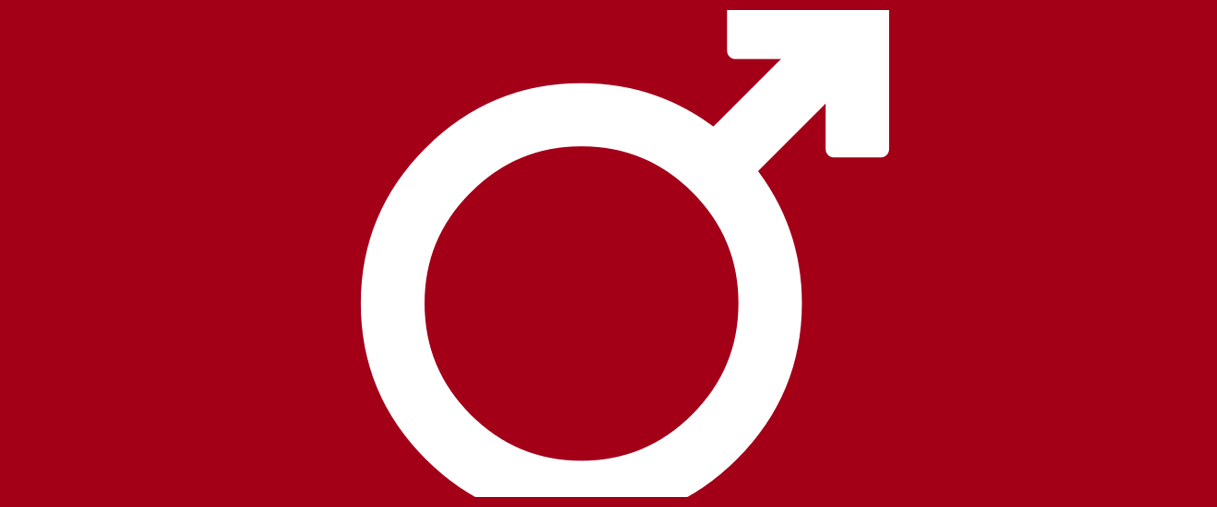
description of activity
Adapted from Writing for Change
Ask your learners to examine phrases that use male nouns as “generic” included in the list below.
Have them describe the mental image created by each phrase. Do they see themselves and people like them in the images?
Ask them to substitute a term representing a group of people of a specific age, religion, or ethnicity for the male noun and describe the mental images created by using the substitute terms (example: “childkind”).
Does use of the new, specific term sound incongruous or unusual? Why?
Have them discuss how connotations are affected by word structure and by familiarity.
Finally, suggest a gender-free, inclusive term for each (ex: for “mankind,” “humanity” or “people”).
List of 'generic' terms
- For the benefit of all mankind
- All men are created equal
- May the best man win
- Prehistoric man
- “To boldly go where no man has gone before”
- Man of the Year
- Peace on Earth, goodwill toward men
- ͳhe founding fathers
- Crown thy good with brotherhood
- Friends, Romans, countrymen; lend me your ears
ASSESSING LEARNING OUTCOMES
The trainer will feedback on the observation during the exercise
Participants will evaluate the experience of listening and summarising:
- Is there a noticeable awareness of the important to use all including terms?
- Is there a willingness to use them?
information on the activity
This activity involves examining the use of male-gendered nouns as “generic.”
As such, it aims to
- challenge the notion of the generic male as inclusive
- generate gender-free, inclusive nouns and pronouns
Participants will be able
to identify and explain, and apply ethical criteria for inclusive and constructive reporting.
INFRASTRUCTURE
A big room to facilitate the discussion.
MATERIALS
Copies of the list of 'generic' names (see under Activity Description)
DURATION
10-20 minutes
RECOMMENDED NUMBER OF PARTICIPANTS
10 to 14
This content is also available in: Spanish
